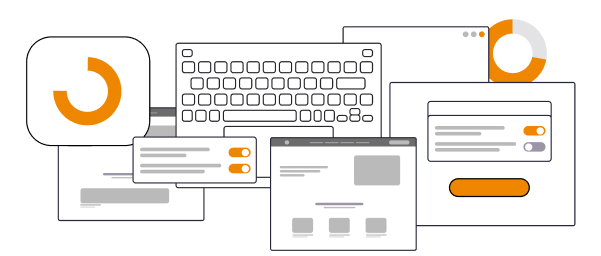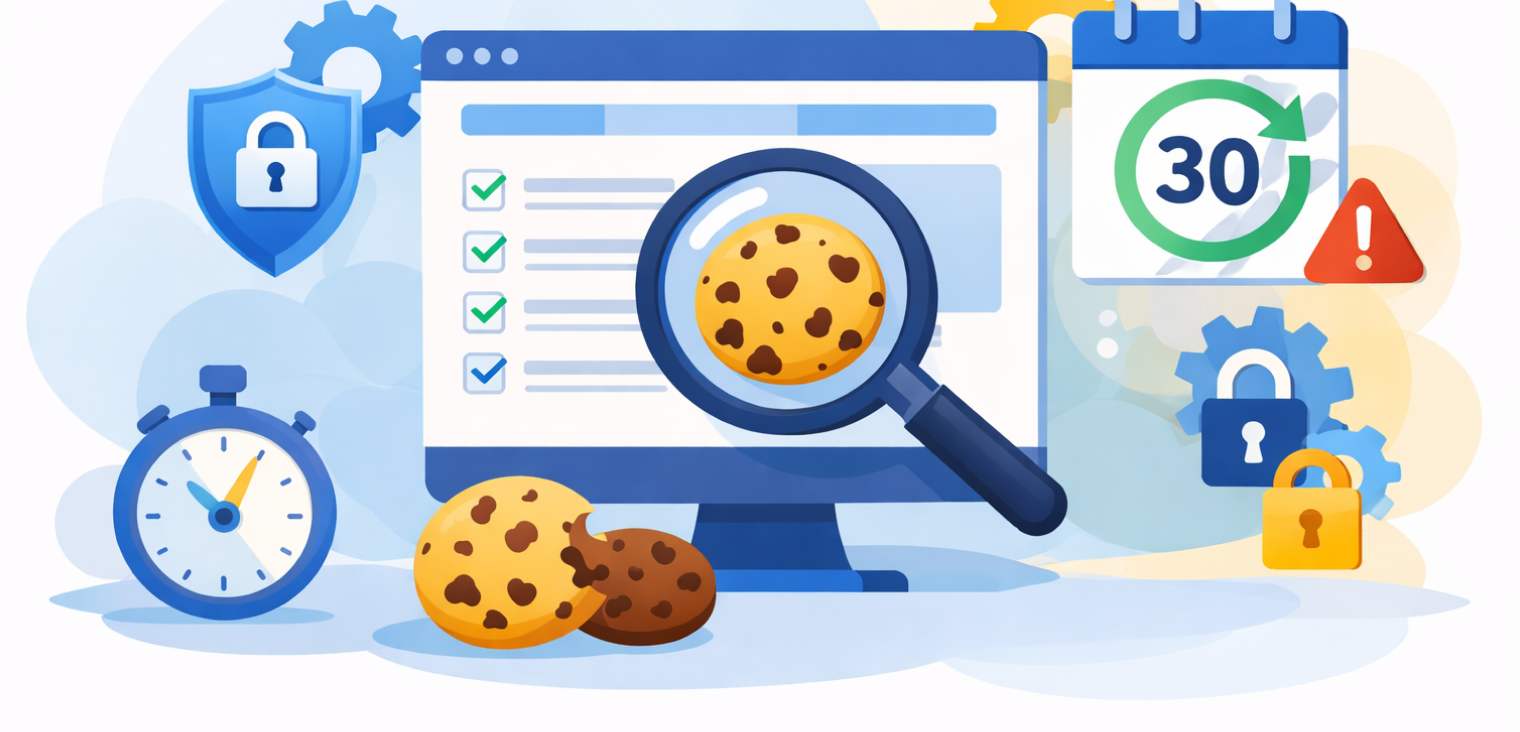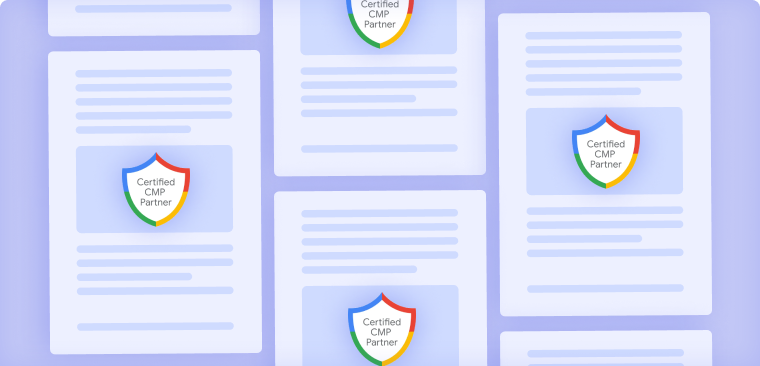Data Minimization in Practice: What CMPs Can (and Can’t) Collect
May 01, 2025
•
4 min read
Table of contents
back
to the top
Your Consent Management Platform (CMP) is meant to help you stay GDPR compliant — but if it’s collecting more data than it needs, it might be doing the opposite.
Data minimization is a foundational principle under the GDPR, yet it’s one of the most overlooked when it comes to how CMPs operate. Many CMPs promise “compliance,” but under the hood, they gather more information than they should — and that could expose you to risk.
In this post, we’ll explain what GDPR data minimization really means, how it applies to CMPs, and what your CMP can (and can’t) collect under the law.

What Is Data Minimization Under the GDPR?
The GDPR doesn’t just care that you get user consent — it also cares how and why you collect data in the first place.
Under Article 5(1)(c) of the GDPR, personal data must be:
“adequate, relevant and limited to what is necessary in relation to the purposes for which they are processed.”
That means your CMP should only collect information essential to managing and storing consent. Any extra data? Likely non-compliant.
Common Ways CMPs Violate Data Minimization
Let’s look at how CMPs often go too far:
1. Tracking Before Consent
Some CMPs place cookies or collect identifiable data before the user has even interacted with the banner.
This breaks the GDPR’s prior consent requirement and undermines user trust.
2. Collecting Unnecessary User Data
CMPs are sometimes configured to gather:
- IP addresses
- Geolocation data
- Browser and device fingerprints
- User behavior on the banner
Unless you can prove these are essential to consent management, they may violate data collection limits under GDPR.
3. Blurring the Line Between CMP and Analytics
Some CMP vendors double as marketing or analytics tools — and they use the consent banner as a gateway to gather behavioral data.
This violates both data minimization and privacy by design principles.
What a GDPR-Compliant CMP Should Collect
To stay within GDPR guidelines, your CMP should only gather:
- Consent preference data (e.g., what cookie categories were accepted or denied)
- Timestamp of user choice
- A unique, anonymous consent ID
- Minimal session info (only if strictly necessary to log consent)
This allows you to meet audit requirements without over-collecting data.
Why Privacy by Design Matters in CMPs
Privacy by design means embedding data protection principles into the CMP architecture from the start — not adding them as an afterthought.
Here’s what that looks like in a CMP:
- Non-essential cookies are blocked by default
- Data collected is proportionate and justifiable
- Users are offered clear, granular controls
- Consent logs are securely stored and easy to retrieve
If your CMP collects more data than it needs, it’s not respecting user privacy — no matter how sleek the banner looks.
How to Evaluate (or Fix) Your CMP
Here’s a quick checklist to see if your CMP respects data minimization:
✅ Does it block non-essential cookies until consent is given?
✅ Does it avoid tracking before interaction?
✅ Does it limit consent data to what’s strictly necessary?
✅ Does it avoid using consent as a backdoor for analytics?
✅ Can you access and export clear consent logs?
If you answered “no” to any of these, it’s time to review your setup.
How CookiePal.io Helps
At CookiePal.io, we’ve built our CMP around GDPR data minimization and privacy by design principles:
- Only essential consent data collected — no behavioral tracking, no personal identifiers
- No pre-consent cookies — full blocking of non-essential scripts until user interaction
- Granular user controls — let users choose between strictly necessary, analytics, and marketing cookies
- Fully audit-ready — timestamped logs, consent records, and policy change tracking
We believe a CMP should help you earn trust — not risk losing it.
Final Takeaway
Your CMP isn’t just a legal tool — it’s part of your brand’s privacy promise. And that means following data minimization not just to comply with GDPR, but to respect your users.
If your CMP is collecting more than it needs, it’s time to ask why.
With platforms like CookiePal.io, you don’t have to choose between compliance and user trust.
You can have both — by design.
Sources
Explore further

DIY CMPs: Why Building Your Own Consent Platform Rarely Works
Most DIY CMPs fail GDPR rules. Learn the key risks of building your own consent tool, hidden maintenance costs, and why certified CMPs offer stronger long-term compliance.
December 04, 2025
3 min

The Monthly Cookie Scan: Why You Must Re-Scan Your Site Every 30 Days
Websites change constantly. Discover why regular cookie scans are essential to catch new trackers, avoid pre-consent firing, and stay audit-ready.
February 01, 2026
3 min

How Google's Consent Mode v2 Impacts Your Data Collection
Using Google Ads or Analytics in the EU? Consent Mode v2 now limits data collection without proper GDPR-compliant consent. Here's what it means and how to stay compliant.
May 01, 2025
4 min



